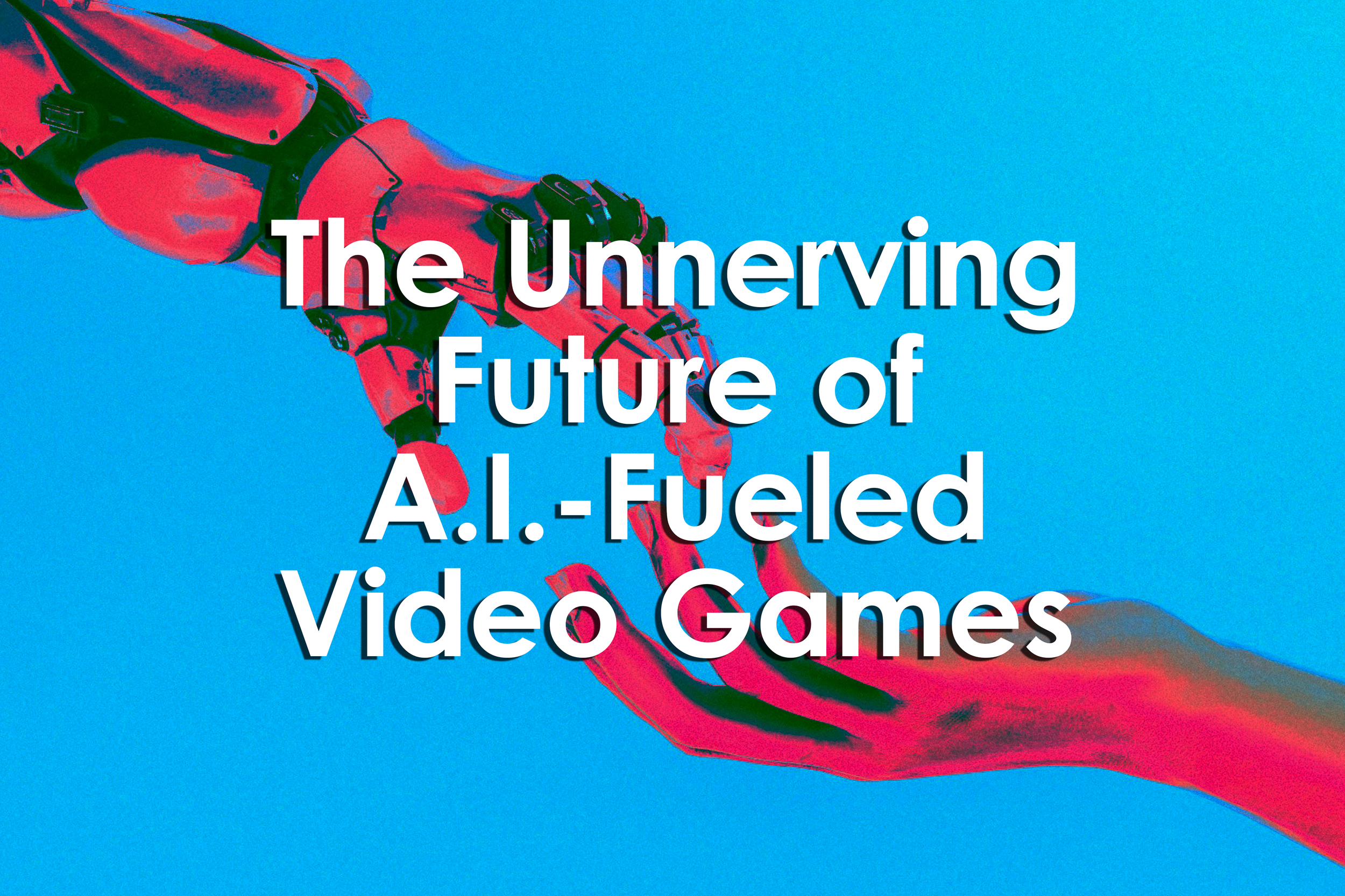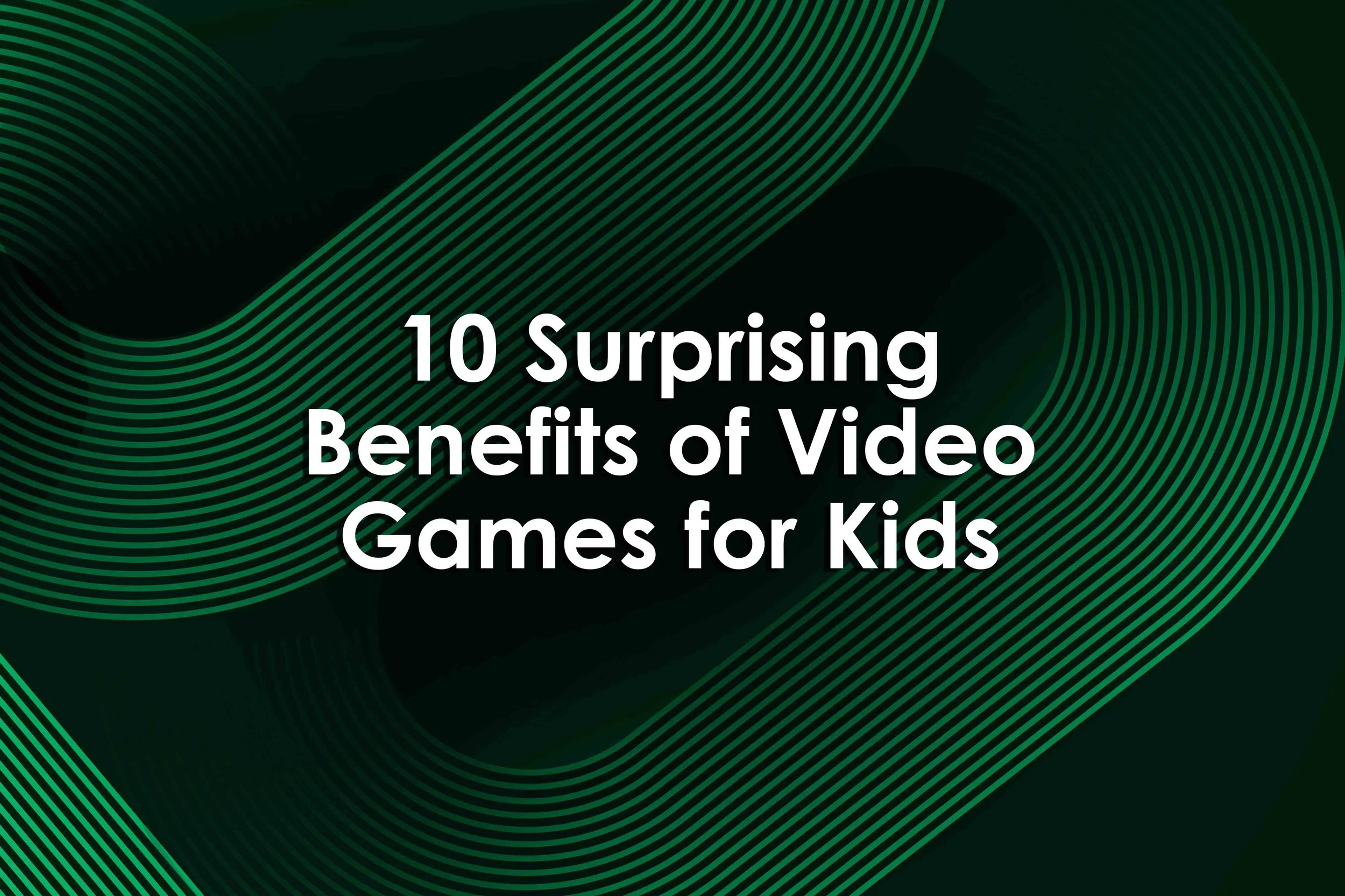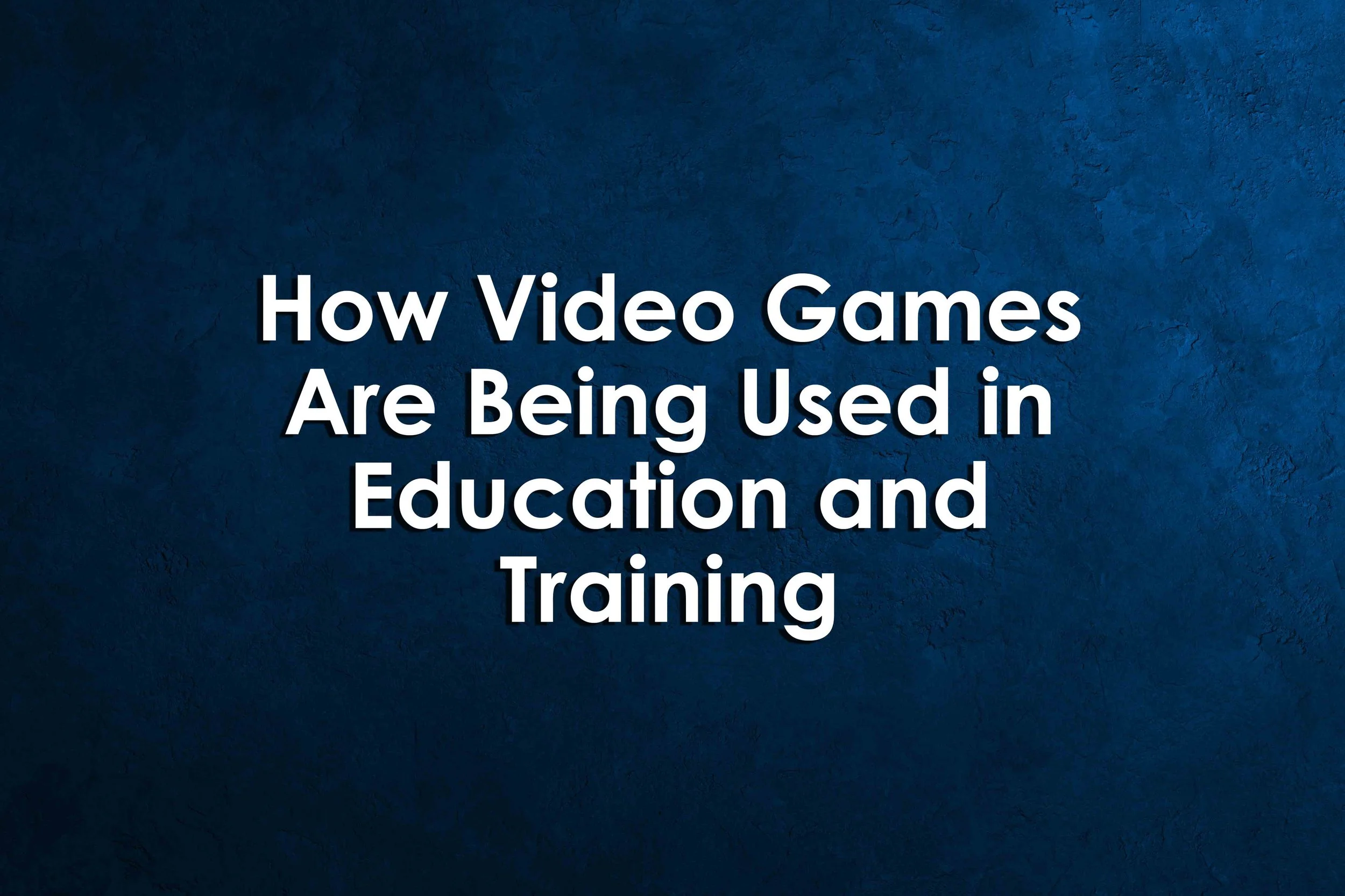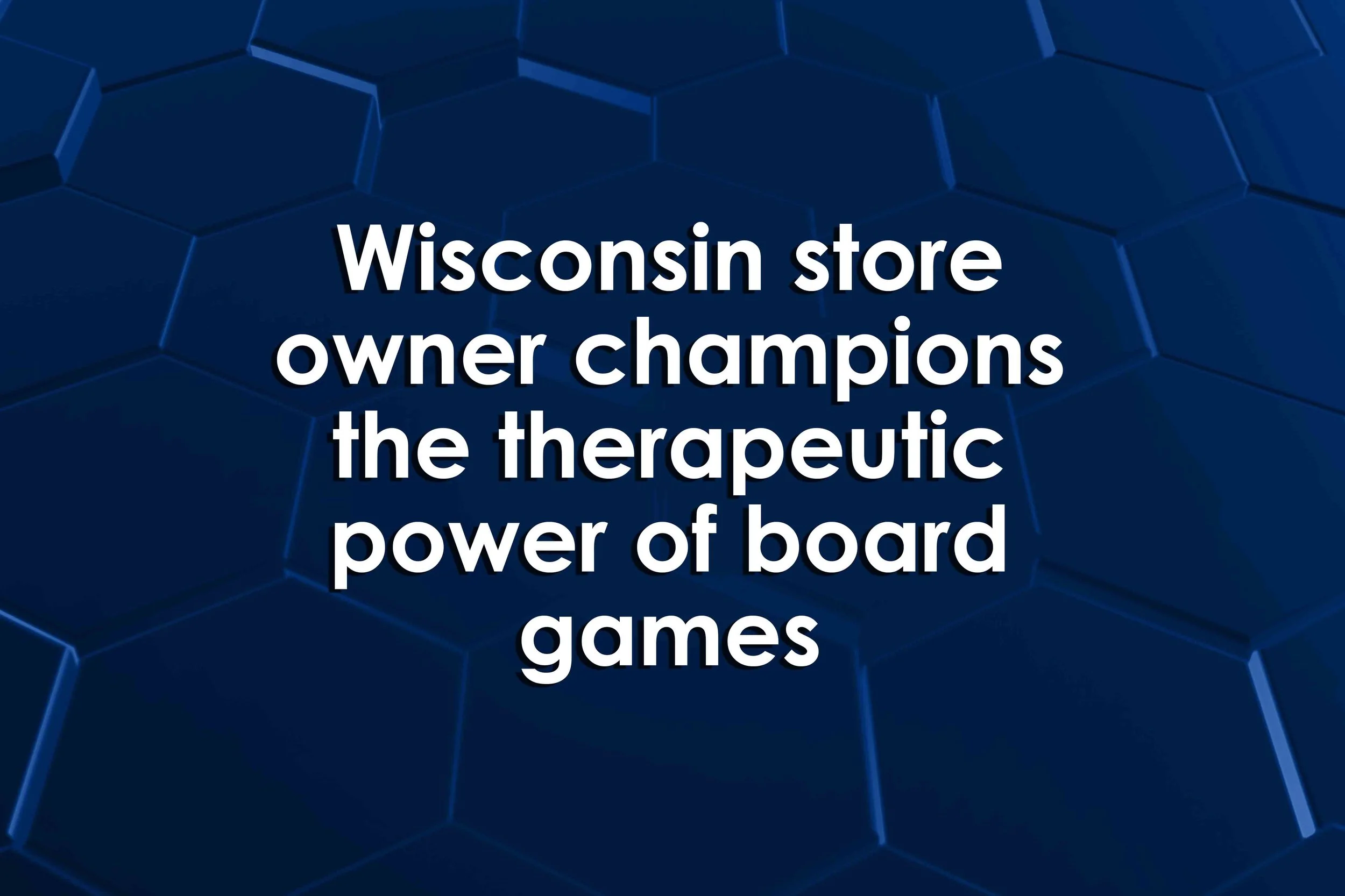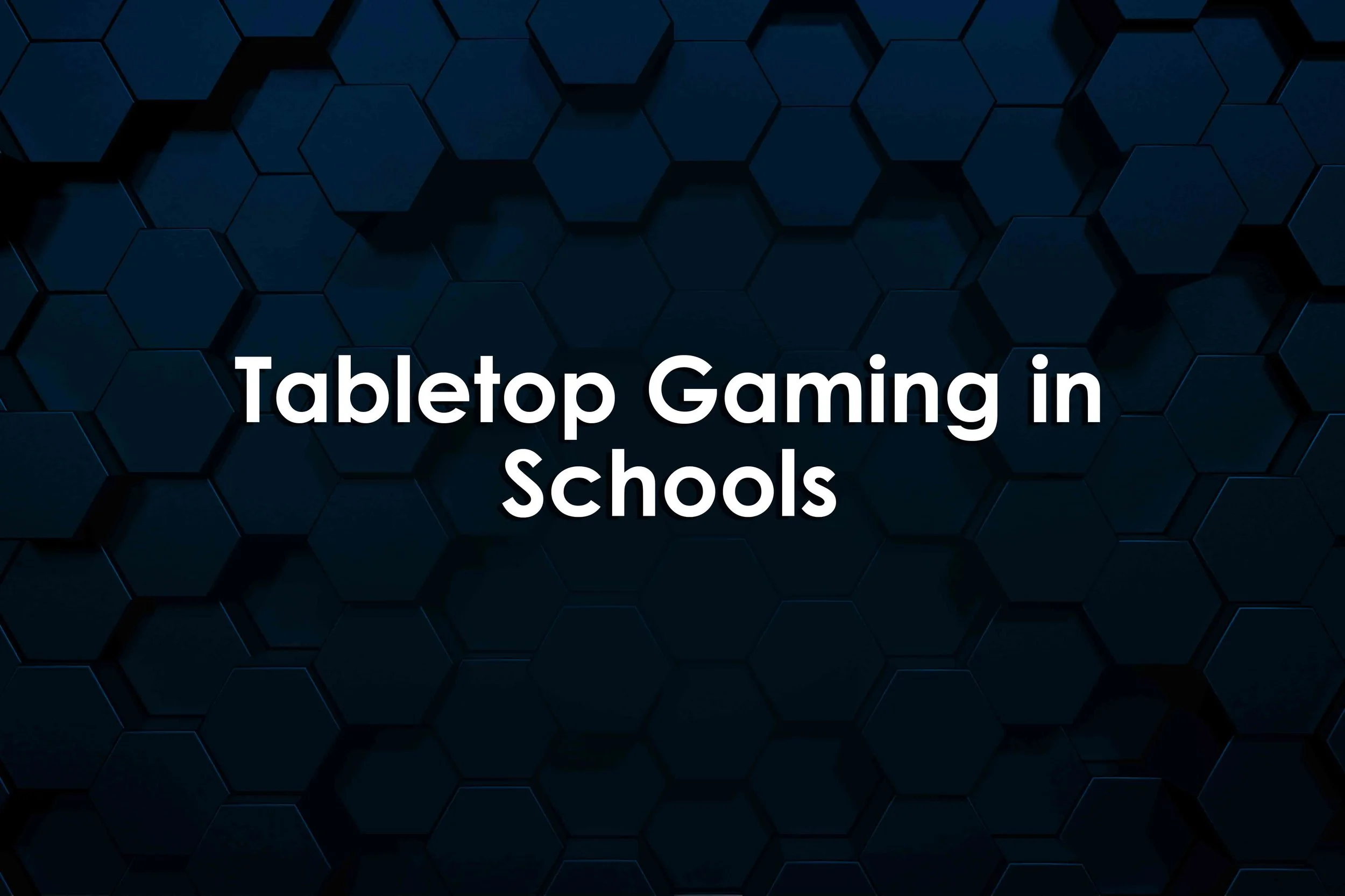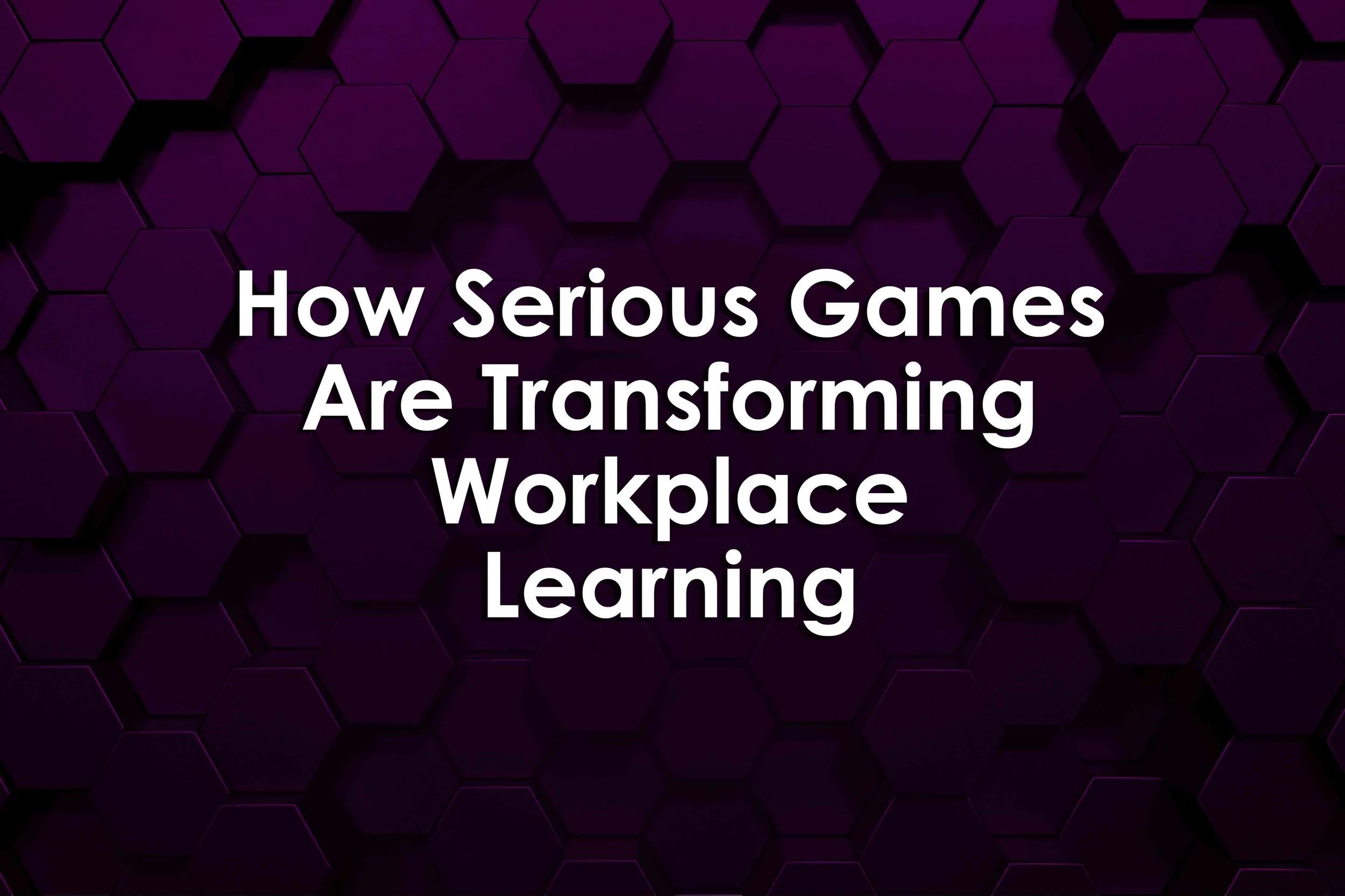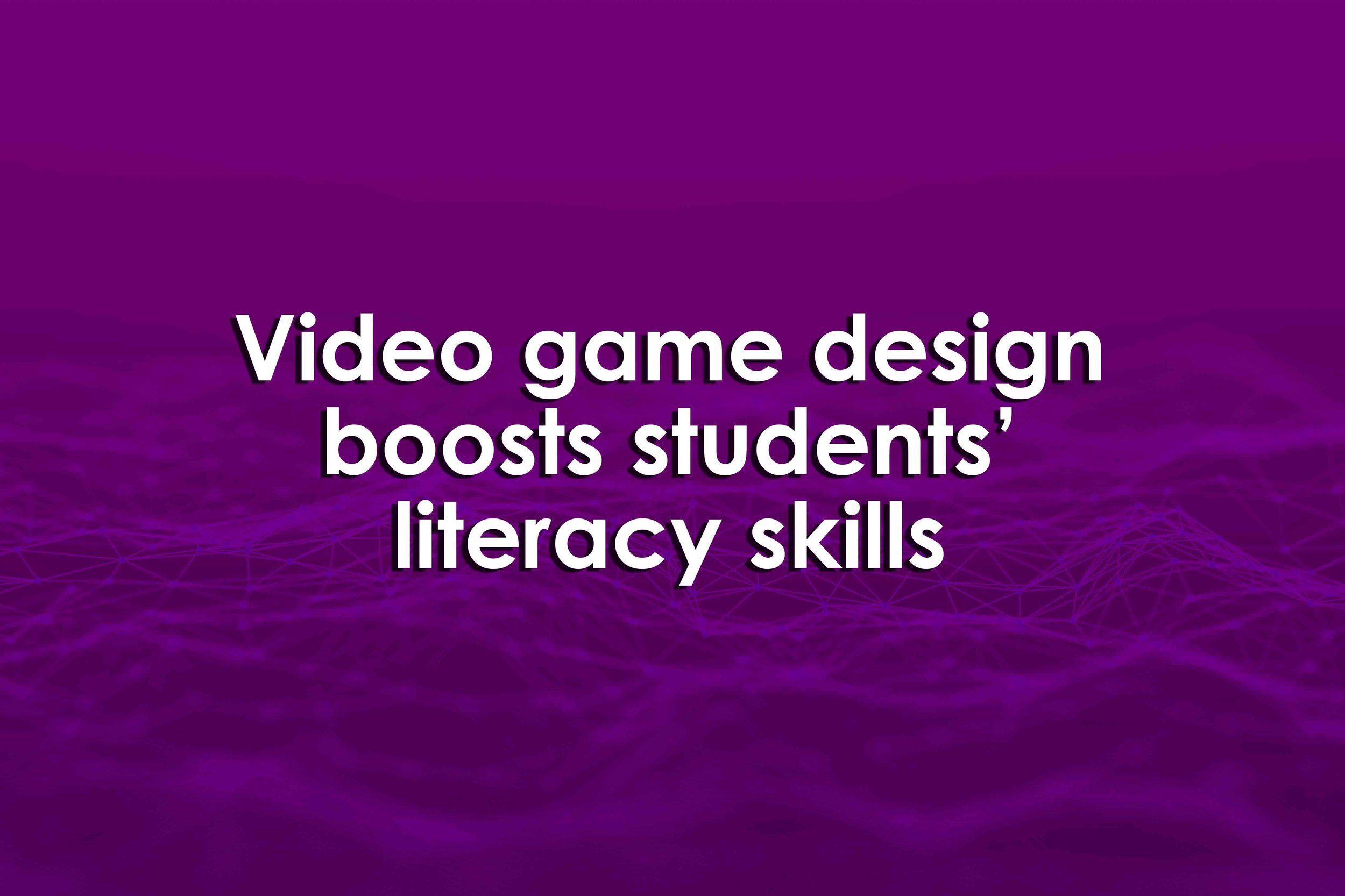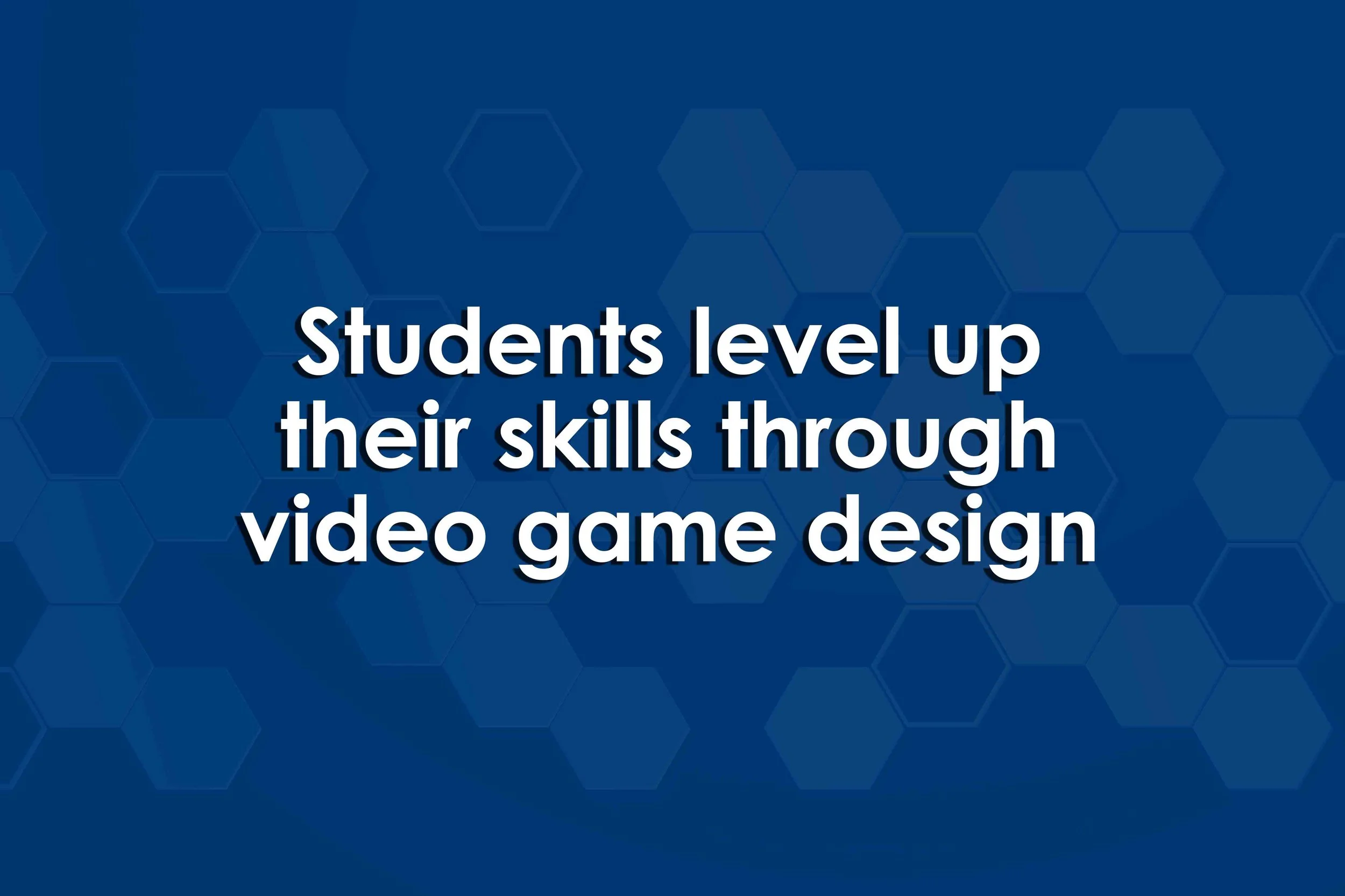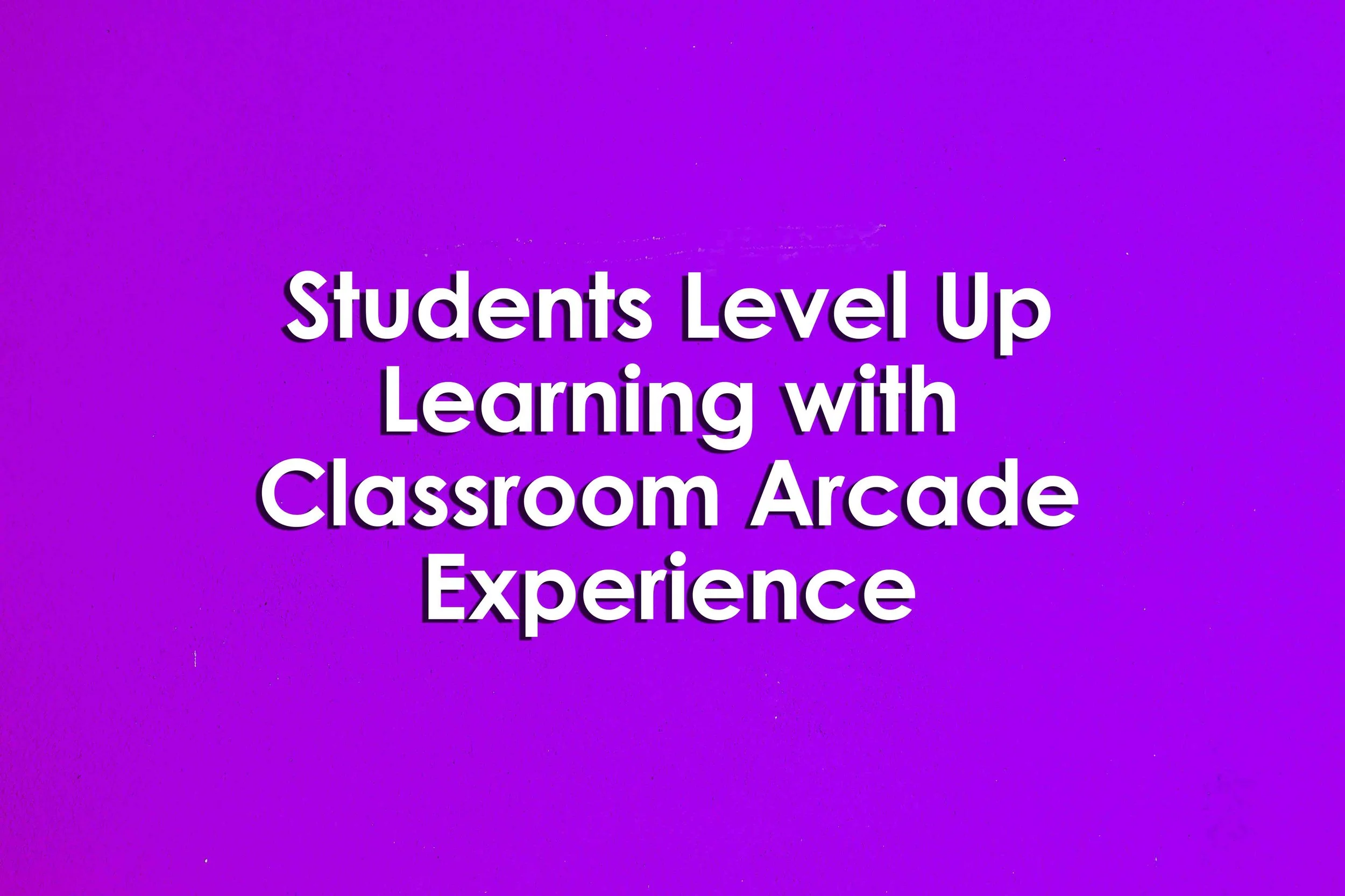A University of Saskatchewan team developed Homesteaders, a tabletop game that immerses players in the challenges of prairie settlement in late 19th- and early 20th-century Canada. Designed to foster historical empathy and awareness of systemic inequality, the game won the 2025 D2L Innovation Award in Teaching and Learning.
Read MoreThe 2022 Buffalo mass shooting, livestreamed by white supremacist Payton Gendron, reflects a disturbing historical pattern of racialised violence designed for public spectacle. From 19th-century lynchings to modern digital massacres, white supremacists have exploited communication technologies—newspapers, telephones, social media—to publicise, gamify, and celebrate violence against Black people.
Read MoreThe video game industry is undergoing a profound transformation as artificial intelligence redefines how games are developed and experienced. With companies like Microsoft, Google, and Amazon leading the charge, AI is being used to generate environments, scripts, and even responsive NPCs.
Read MoreSub-Verge is a tense, narrative-driven puzzle game by Zach Dodson, featuring a deep-sea conflict where players must unify divers amidst looming danger. Debuting at LudoNarraCon, the game ties into Dodson’s prequel novella Subtle Mind.
Read MoreVideo games offer significant cognitive, social, and emotional benefits for kids and teens. Expert Jeff Knutson emphasizes the power of play-based learning, noting that games foster exploration, creativity, problem-solving, and resilience.
Read MoreVideo games are increasingly recognized as valuable tools for education and professional training. Beyond entertainment, they support skill development like problem-solving, collaboration, and critical thinking.
Read MoreTetris, the classic game launched in 1984 by Alexey Pajitnov, poses mathematical challenges that even supercomputers struggle to solve. Researchers have shown that determining if a Tetris board can be cleared relates to NP-complete problems, specifically the three-partition problem.
Read MoreLynn Potyen, owner of The GameBoard in Sheboygan, uses board games as tools for social connection and brain health. Inspired by her son's speech delay, she discovered strategic games that engaged him more deeply than traditional therapy.
Read MoreNationwide opioid overdose deaths are declining, partly due to increased naloxone (Narcan) use, but rural communities still struggle with access and response times.
Read MoreProject Chimera, developed by TU Graz’s Game Lab Graz, is a gamified learning environment designed to teach complex scientific and technological concepts through interactive storytelling.
Read MoreThis reflection explores the interplay between fail-fast innovation and early victories in learning and game design. While failing fast fosters discovery and adaptation in complex, uncertain environments, early wins build confidence and motivation, especially in structured disciplines.
Read MoreA new MIT study reveals that public views on data privacy are flexible and context-dependent. Using a game called Data Slots, researchers found that people value data privacy differently depending on use-case, with personal mobility, health, and utility data rated most sensitive.
Read MoreTabletop games—ranging from board and card games to RPGs like Dungeons & Dragons—offer immersive, screen-free ways to socialize, build skills, and foster creativity. Far from outdated, tabletop gaming is a growing $19.5 billion industry, expected to reach $34.1 billion by 2030. In schools, these games support emotional well-being, teamwork, critical thinking, language development, and confidence.
Read MoreTraditional corporate training is often seen as dull and ineffective, but serious games are changing that. These purpose-driven games go beyond gamification by simulating real-world challenges, encouraging critical thinking, and providing safe environments for skill practice.
Read MoreA Bronx public school piloted a 14-week afterschool video game design program to improve literacy among third and fourth graders. Using a curriculum from Work ED, students created game storylines, characters, and maps, practicing complex sentence structures and expanding vocabulary.
Read MoreThe Australian STEM Video Game Challenge (STEM VGC) engages students in Years 3–12 to design video games, fostering STEM interest and real-world skills. Now in its 11th year, the free national competition develops technical and soft skills like teamwork and problem-solving.
Read MoreThe Future Coasts Aotearoa game, launched in New Zealand, lets players experience the long-term impacts of climate change—like sea-level rise and flooding—through role-play in coastal and lowland communities.
Read MoreLushfoil is a peaceful, photography-focused walking simulator where players explore beautifully rendered environments and capture scenic images with virtual cameras. Free from combat or time pressure, it emphasizes relaxation, creativity, and self-paced discovery.
Read MoreThis week at Edison Academy, Cyber students transformed their classroom into a fully functioning arcade as part of the innovative “Classroom Arcade” project. Led by Mr. Aaron King, students from Network Administration, Cisco, and Exploring IT classes spent the year planning, designing, and building games.
Read MoreMeeNa Ko, a video game designer and Stockton University instructor, aims to make game design more accessible, emphasizing that coding isn't required to create games. Ko, with experience at Disney and Microsoft, organized Stockton’s first Game Jam, where over 30 students created games in one week around the theme “Prototype Gone Wrong.”
Read More



